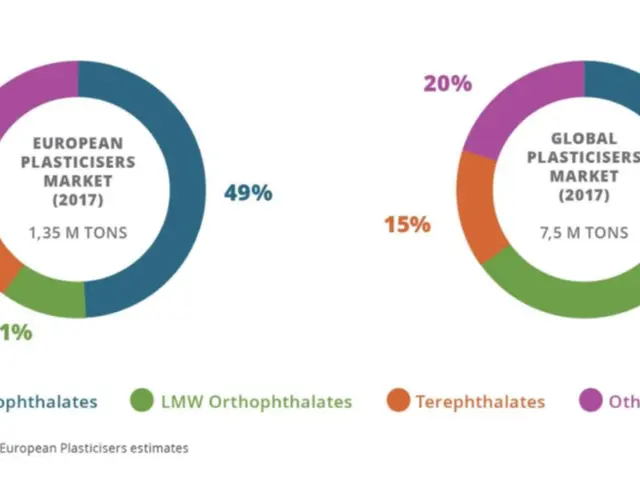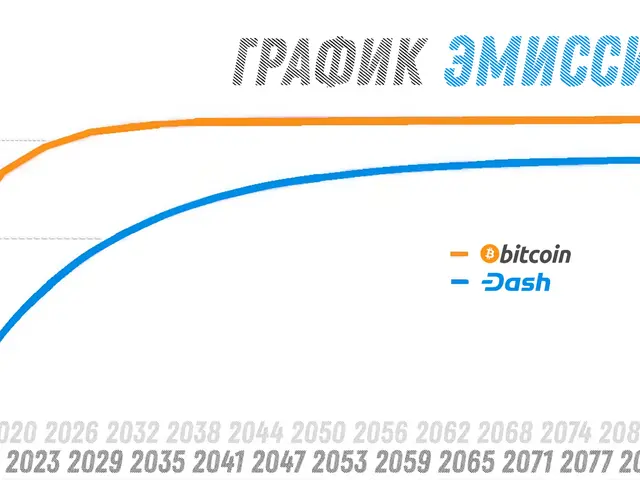In the digital era, artificial intelligence (AI) and new technologies pose a potential threat to human dignity, according to UN High Commissioner for Human Rights, Volker Türk. During a forum honoring the 75th anniversary of the Universal Declaration of Human Rights in Geneva, Türk highlighted the need for governments to prioritize and safeguard human rights in a world grappling with conflicts and technological advancements.
Türk expressed concerns about AI's impact on human agency and dignity, urging for a reevaluation of technology development approaches to ensure they align with human rights principles. As AI and digital transformation continue to reshape human life, Türk questioned how to safeguard humanity's well-being and rights in this new technological landscape.
To protect human rights in the context of AI and digital transformation, several measures can be implemented. Governments should establish binding regulations for AI technology, ensuring human rights standards during research, development, and testing phases. Ensuring transparency and explanation in AI decisions is essential, giving people access to information about the technology's inner workings and its impact on them.
Promoting human-centered values is a must when designing AI systems, ensuring they align with human dignity. International cooperation is vital in this global challenge, and inclusive governance models play a significant role in ensuring AI benefits everyone, preventing digital divides, and addressing rapid technological development concerns.
Strong digital governance and policy frameworks are necessary for addressing digital risks and narrowing the digital divide by building human and institutional capacities for digital transformation. Empowering communities through information access is critical to enabling people to seek redress and remedy in the face of AI-supported decision-making processes.
Preventing mass surveillance and societal control through AI is essential, addressing the potential risks of AI-powered surveillance and lethal systems that could infringe on privacy rights. Consequently, governments should focus on a human rights and ethics perspective when tackling pressing digital concerns.
Volker Türk's recommendations emphasize the need to maintain a human-centric focus in the face of emerging technologies like AI. By prioritizing human rights and ethical considerations, we can ensure that technology serves humanity's well-being and respects the fundamental rights enshrined in the Universal Declaration of Human Rights.








